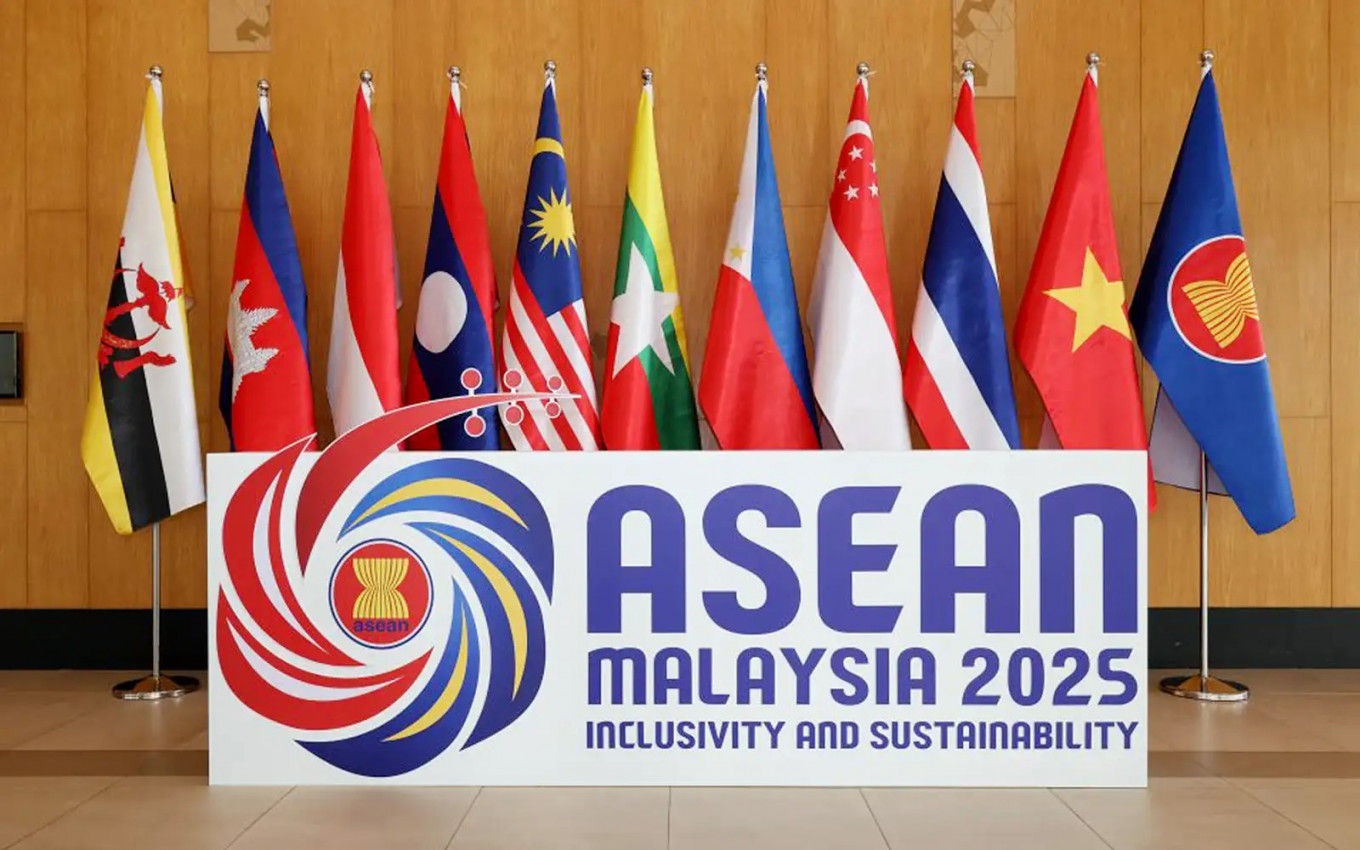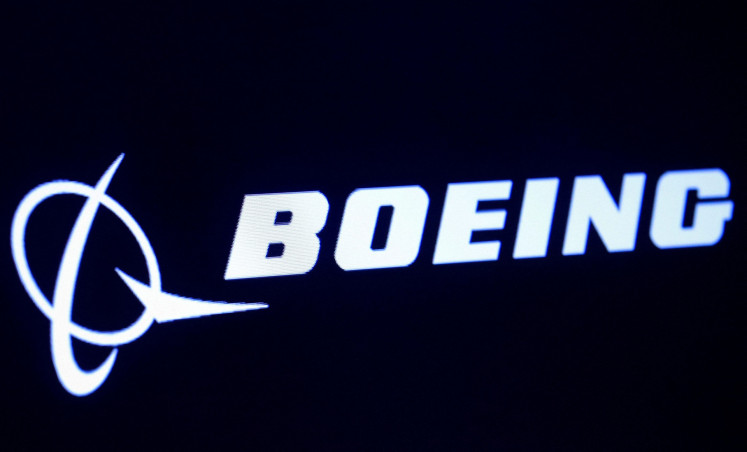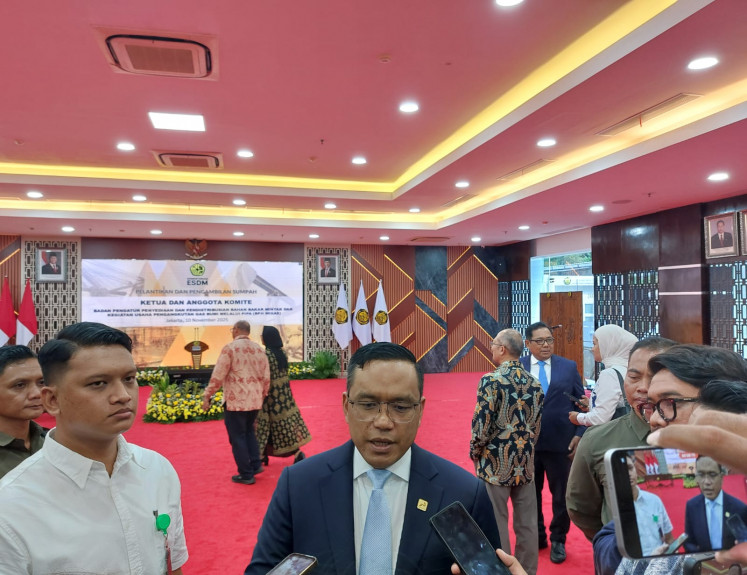Popular Reads
Top Results
Can't find what you're looking for?
View all search resultsPopular Reads
Top Results
Can't find what you're looking for?
View all search resultsMalaysia hosts 47th ASEAN Summit; cements influence toward Indo-Pacific region
Change text size
Gift Premium Articles
to Anyone
T
aking place from Oct. 25 to 28, this year’s ASEAN Summit will be held in Malaysia and is set to be a critical moment in reshaping the Indo-Pacific’s role in the evolving global order.
Home to major and emerging world powers, the Indo-Pacific region is quickly becoming a geopolitical axis in the 21st century.
Up until now, global governance has been led by the West, with the World Trade Organization (WTO) and the United Nations hosted in Geneva, Switzerland, and New York, US, respectively.
However, with the advent of a multipolar era, innovation is moving more toward the East. With key developments in trade, energy, security and supply chains converging within the Indo-Pacific.
The Indo-Pacific is also home to a majority of the world population. Generating 62 percent of global GDP as well as almost half of all international trade, the Indo-Pacific is anchored by strategic maritime choke points.
Facilitating trade through vital routes across the South China Sea, the Strait of Malacca, and Indian as well as Pacific oceans.
This unique convergence provides ASEAN with the ability to act as a neutral, honest broker.
”The South China Sea must not be used as leverage for strategic competition. Southeast Asia and its waters have become a theater for rivalry between superpowers.” Malaysian foreign minister Mohammad Hasan stated during the UN’s General Assembly last September.
Highlighting that ASEAN did not stand idle when regional conflicts threatened stability. While stressing that Southeast Asia has a right to determine its own future.
This upcoming ASEAN summit, in particular, will be conducted amid waning trust toward global institutions, and in which regional mechanisms need to fill the gaps left by the WTO and The UN Security Council.
”Our future really lies in the Indo-Pacific region. The international rules based system, which has served the ASEAN countries incredibly well over the last 70 or 80 years, is breaking down. What we're seeing increasingly is that might and power matter more than rules.”
New Zealand Prime Minister, Christopher Luxon, said in an interview with FMT, that smaller nations like New Zealand and Malaysia cannot afford to be passive as geopolitical competition ramps.
“There is a huge opportunity for us to reaffirm the rules-based system.” He added
Moreover, Luxon said that ASEAN, the EU, and trade blocs such as the Comprehensive and Progressive Agreement for Trans-Pacific Partnership (CPTPP) play a critical role in shaping international cooperation amid mounting pressure in global markets.
The summit will bring together US President Donald Trump, China’s Premier Li Qiang, and Italy’s Prime Minister Giorgio Meloni, as well as representatives from all five BRICS and BRICS+ nations.
The summit remains a platform where rival major powers can engage with one another, despite facing pressure in recent years regarding ASEAN’s model of regionalism.
Malaysia’s chairmanship of the summit will carry the theme of inclusivity and sustainability, prioritizing practical deliverables. Namely, the ASEAN-GCC-China Summit, the ASEAN Community Vision 2045, the ASEAN Geoeconomics Task Force and the Digital Economy Framework Agreement, as well as the welcoming of Timor-Leste into the bloc.
”ASEAN’s collective digital economies could potentially reach US$1 trillion to $2 trillion once the Digital Economy Framework Agreement is finalized.” Asha Hemrajani of Singapore’s S Rajaratnam School of International Studies told FMT, commenting on the region’s economic potential.
While Nazir Razak, ASEAN Business Advisory Council head, stressed the importance of the moment.
”As the new world order takes shape, how we behave in the next few years is more crucial than ever.”
For Malaysia, hosting this 47th Summit is not simply about chairing the bloc, but also about helping to ensure the Indo-Pacific’s cohesion amid global turbulence.
ASEAN is the platform where major global forces engage, while the greater Indo-Pacific region is where the rules, or lack thereof, will shape long-term outcomes.
Though it is unlikely that the summit will overhaul global governance, the event will test ASEAN’s ability to convene, coordinate and de-risk amid global turbulence.
During a time when the region is experiencing unprecedented high stakes, the bloc’s capacity to maintain cooperation has never been more critical.










